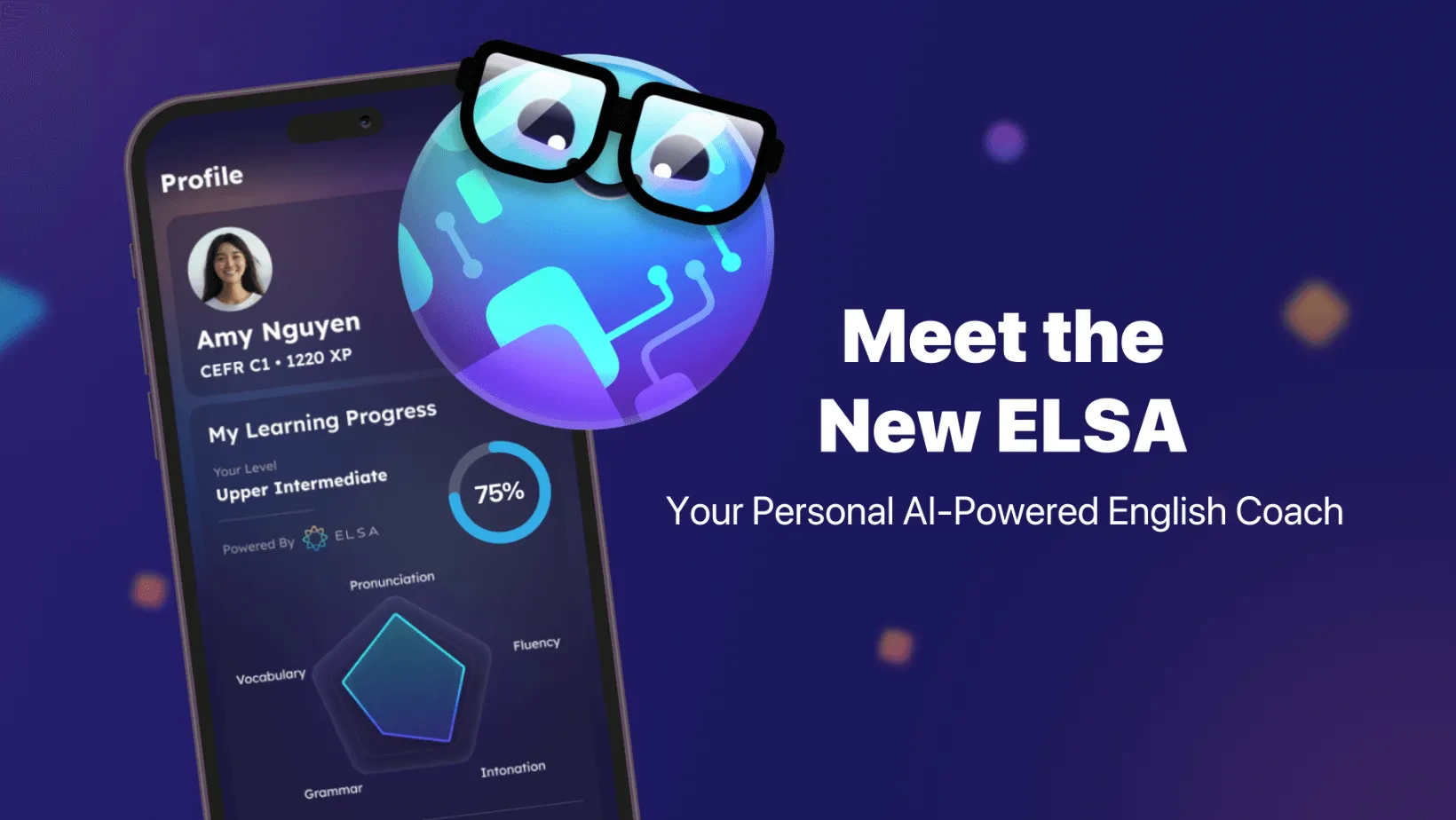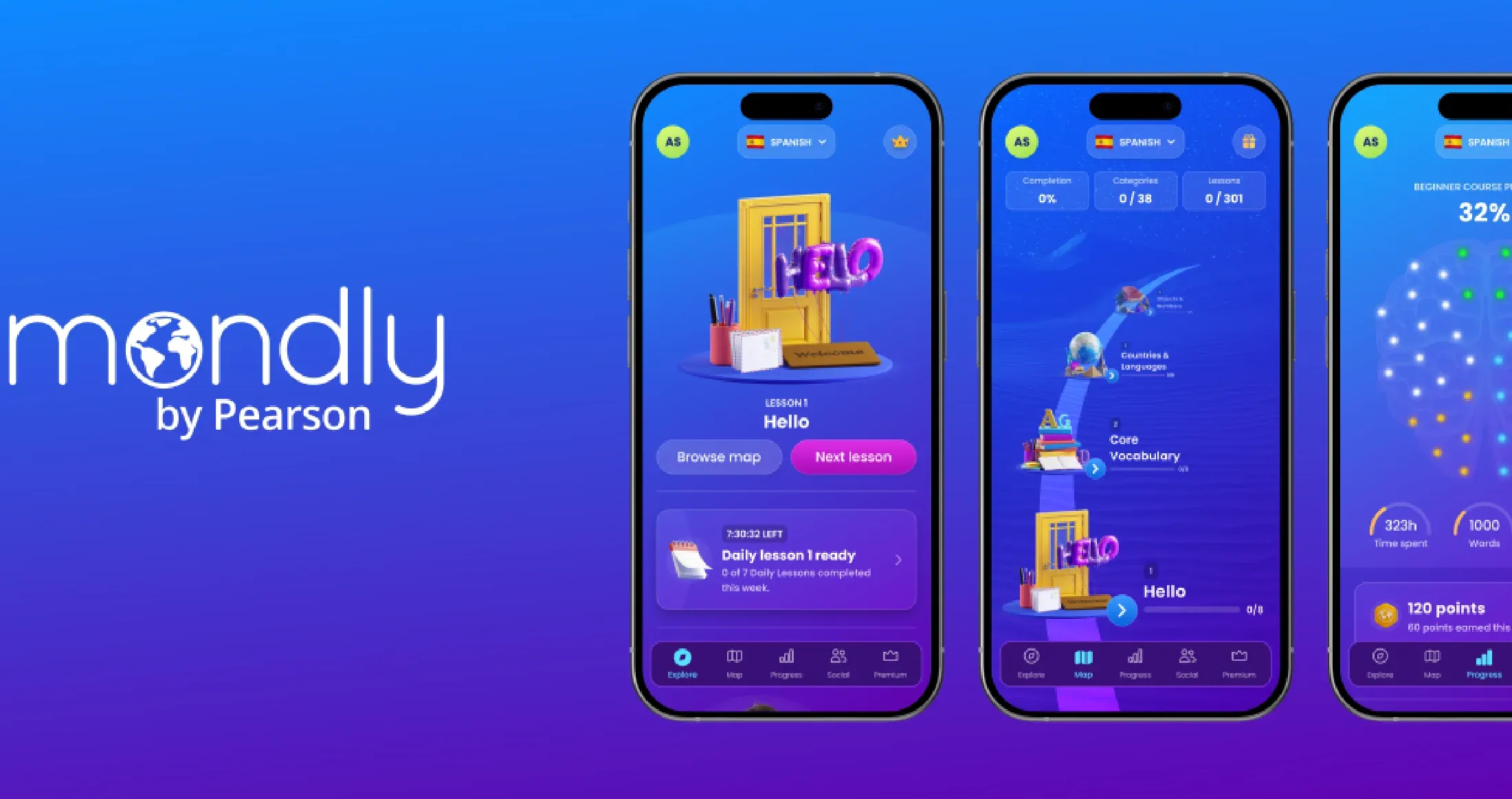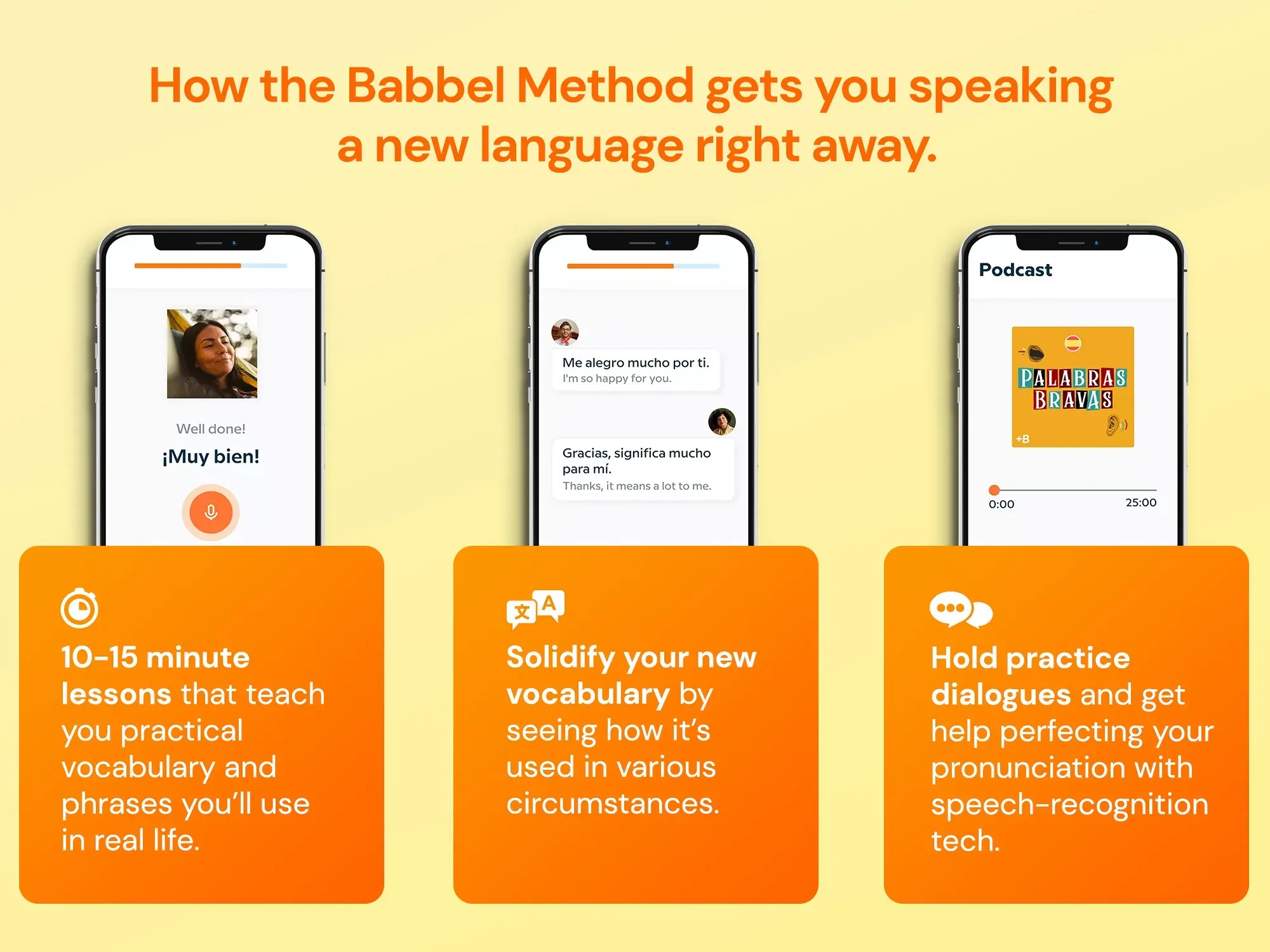Learning a new language can be exciting, but mastering pronunciation is often the hardest part. Even if you know the grammar and vocabulary, unclear pronunciation can make communication difficult. Fortunately, modern technology offers innovative apps that help learners perfect their accent, rhythm, and tone through AI feedback and immersive audio tools. These language pronunciation practice apps are designed to make you sound more fluent, natural, and confident when speaking any foreign language. Below are the top apps leading this transformation in 2025.
1. ELSA Speak
ELSA Speak (English Language Speech Assistant) has become a leading app for those who want to refine their English pronunciation. The app uses advanced speech recognition powered by AI to analyze your speech and detect even the slightest mispronunciations. With detailed feedback on intonation, rhythm, and articulation, users receive personalized lessons tailored to their specific accent challenges.
ELSA’s interactive interface guides learners through real-life conversations, idiomatic expressions, and professional contexts like job interviews. You can track your fluency progress over time, making it ideal for business professionals, students, and travelers alike. The app’s community-driven challenges and score-based learning motivate users to practice daily, ensuring consistent improvement.
What makes ELSA stand out is its precision — it doesn’t just tell you whether you’re right or wrong but explains how to move your mouth or adjust your tone to achieve a native-like accent. With global acclaim and endorsements from language experts, ELSA Speak remains one of the most effective pronunciation trainers available.

2. Speechling
Speechling is an innovative platform focused on helping learners improve pronunciation through human coaching combined with AI-powered feedback. Available for multiple languages including English, French, Spanish, and Mandarin, Speechling provides recordings by native speakers that you mimic and submit for evaluation.
The unique feature here is that real coaches review your pronunciation and provide audio feedback. This personalized correction system helps learners understand nuances that AI might miss, like tone, pacing, or emotion. The app includes daily goals, progress tracking, and adaptive challenges that adjust to your speaking ability.
Whether you are preparing for an exam or simply want to sound more natural, Speechling’s hybrid model of technology and human guidance makes it a reliable choice. It bridges the gap between self-learning apps and professional tutoring, giving users a highly tailored pronunciation improvement experience.
3. Rosetta Stone
When it comes to language learning, Rosetta Stone remains a household name. While it’s known for its immersive teaching approach, its speech recognition tool, TruAccent, is particularly effective for pronunciation training.
Rosetta Stone’s lessons are built around active speaking and listening exercises, allowing users to hear native pronunciations and replicate them immediately. TruAccent listens to your pronunciation in real time, comparing it to native speaker data and providing instant corrective feedback.
The app covers more than 20 languages, from Spanish to Japanese, and focuses heavily on the kind of pronunciation you need for natural conversation rather than robotic recitation. By continuously listening and speaking, learners build a natural rhythm and confidence in using the new language.
For those who want an all-in-one learning experience with a strong focus on speaking and pronunciation, Rosetta Stone remains one of the most well-rounded tools available.
4. FluentU
FluentU offers a fresh approach to pronunciation practice by using real-world videos such as movie clips, interviews, and news segments. Instead of traditional drills, you listen to authentic content with subtitles and phonetic guides, allowing you to pick up natural pronunciation patterns and accents.
The app’s interactive captioning system helps you tap on any word to hear it pronounced, see its meaning, and practice repeating it. This real-time interaction between visual and auditory input creates a stronger memory connection, which improves both comprehension and pronunciation.
FluentU also includes quizzes that focus on listening accuracy and pronunciation replication. Since it draws content from real speakers, you get exposure to a wide range of tones, dialects, and conversational speeds — something most static learning apps can’t offer.
This app is ideal for learners who prefer an immersive, media-driven approach that helps them internalize pronunciation through exposure rather than repetition alone.
5. Forvo
Forvo is a unique pronunciation tool that functions more like a massive pronunciation dictionary. With over six million words and phrases recorded by native speakers in more than 400 languages, Forvo lets users hear authentic speech from real people around the world.
If you’ve ever wondered how a local might say a specific word, place name, or slang term, Forvo delivers the answer. You can search any term and listen to multiple native versions, which helps learners understand variations in accent and tone.
Unlike AI-based apps that simulate feedback, Forvo emphasizes real-world pronunciation diversity. It’s particularly useful for advanced learners who want to sound regionally authentic or those working on niche vocabulary that isn’t covered in standard language apps.
The community-driven nature of Forvo ensures that the database continues to grow, making it one of the richest pronunciation resources available today.
6. Mondly
Mondly combines gamified lessons with speech recognition to help users practice pronunciation across 33 languages. Its AI assistant interacts with you through simulated dialogues, prompting you to respond aloud.
The app then evaluates your pronunciation instantly and gives precise corrections on each word and phrase. Mondly’s colorful interface and conversation-based exercises make pronunciation practice engaging, helping learners stay motivated while tracking progress through leaderboards and achievements.
Another great feature is Mondly’s AR mode, which allows you to interact with virtual characters in augmented reality. You can practice speaking to an AI avatar in your target language, receiving immediate feedback on your pronunciation and intonation.
For users who find repetition boring, Mondly’s playful yet intelligent approach makes pronunciation training feel like an adventure rather than a chore.

7. Pimsleur
Pimsleur has built a reputation for its audio-based language learning method. Rather than typing or reading, you listen, repeat, and speak as if engaging in a conversation with a tutor. This method is particularly effective for improving pronunciation and listening comprehension.
The app focuses on gradual repetition and spaced learning — helping you internalize proper pronunciation naturally over time. Each lesson builds on previous ones, reinforcing pronunciation accuracy while adding vocabulary and structure.
Because Pimsleur prioritizes speaking and listening from day one, it’s ideal for auditory learners who want to sound fluent quickly. It also emphasizes conversational pronunciation — teaching how real people speak, not just textbook examples.
If your goal is to sound more natural and confident in real-world situations, Pimsleur’s structured, voice-based lessons are a proven path to success.
8. Speechify
Speechify is a versatile AI-driven tool known primarily for converting text to speech, but it also serves as a pronunciation training app for learners who want to improve listening and mimicry skills. The app reads text aloud in realistic voices, including accents and tones from various languages.
Users can slow down, speed up, or loop specific phrases to study pronunciation closely. By repeating after the AI-generated speech, learners can refine their accent and pacing. It’s especially useful for people learning languages that have subtle tonal or rhythm differences.
Speechify’s natural-sounding AI voices are based on real human speech patterns, making it an excellent supplement to traditional language apps. Whether you’re learning English, French, or Japanese, Speechify allows you to internalize authentic pronunciation through focused listening and repetition.
9. Babbel
Babbel is one of the world’s most popular language learning apps and includes a robust pronunciation practice component. It uses speech recognition technology to evaluate your pronunciation and help you sound more native-like with every lesson.
Each course is structured around conversational dialogue, encouraging you to speak phrases aloud instead of memorizing isolated words. This ensures that learners develop both fluency and pronunciation accuracy simultaneously.
Babbel’s short, engaging lessons fit easily into a busy schedule, making it a great option for consistent daily pronunciation practice. The app’s language-specific lessons also take into account cultural nuances in pronunciation, teaching you not just how to say something but how locals would say it.
For learners who want practical, everyday communication skills with accurate pronunciation, Babbel offers an efficient and accessible path.

10. Google Pronunciation Tool
The Google Pronunciation Tool, integrated into Google Search, provides one of the simplest yet most effective ways to practice pronunciation on the go. When you search “how to pronounce [word],” Google shows an interactive tool that lets you listen, repeat, and compare your pronunciation using AI.
This feature allows real-time voice matching, visual mouth movement guides, and language variety options (like American or British English). It’s lightweight, free, and accessible from any device — perfect for quick pronunciation checks during study or travel.
Though it’s not a full-fledged learning app, its simplicity and AI accuracy make it an essential supplement for learners who want instant pronunciation feedback anytime, anywhere.
Whether you’re practicing a presentation or learning casual conversation phrases, the Google Pronunciation Tool is a fast and reliable pronunciation assistant.
Conclusion
Mastering pronunciation is a key step in achieving fluency and confidence in any language. These top apps — from ELSA Speak to Speechling, FluentU, and Pimsleur — show how far AI and technology have come in supporting learners. Each offers a unique blend of feedback, interactivity, and real-world exposure that helps you sound more like a native speaker.
Whether you prefer structured lessons, AI feedback, or authentic media content, there’s an app here to suit every learning style. Pronunciation isn’t just about sounding correct; it’s about connecting clearly with others. With these modern tools, achieving a natural accent and confident speech is now more accessible than ever.

















